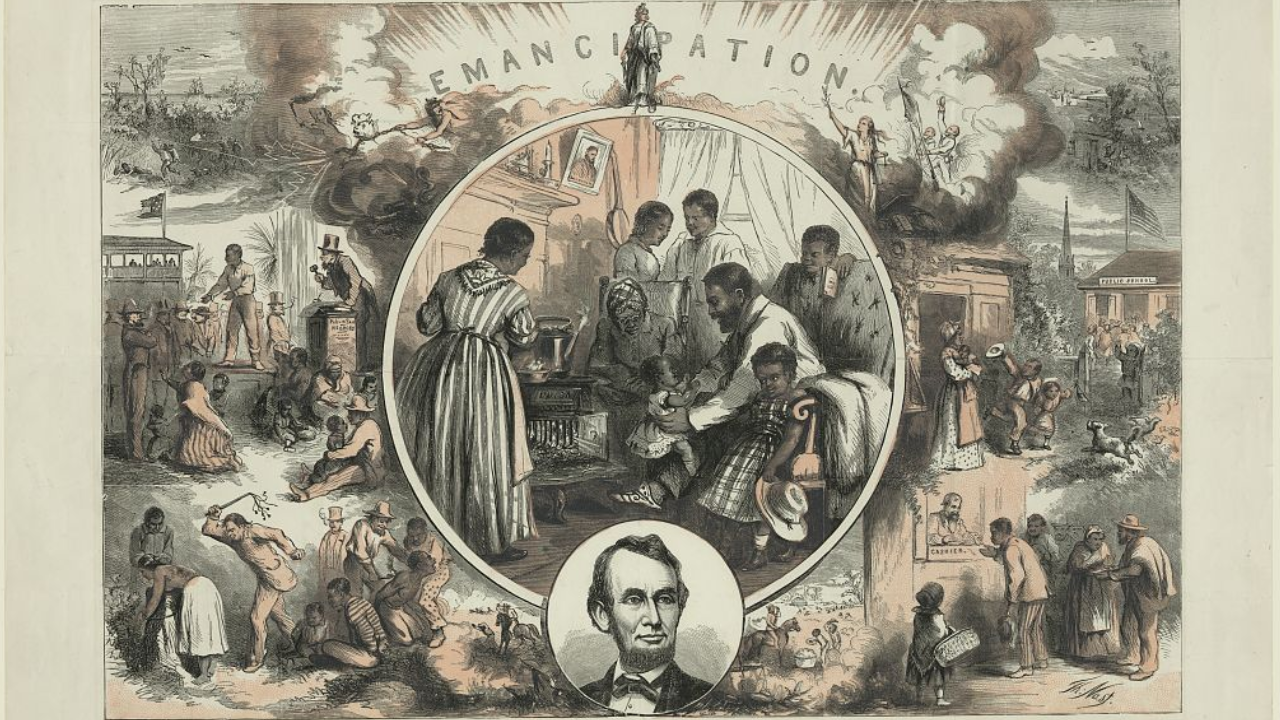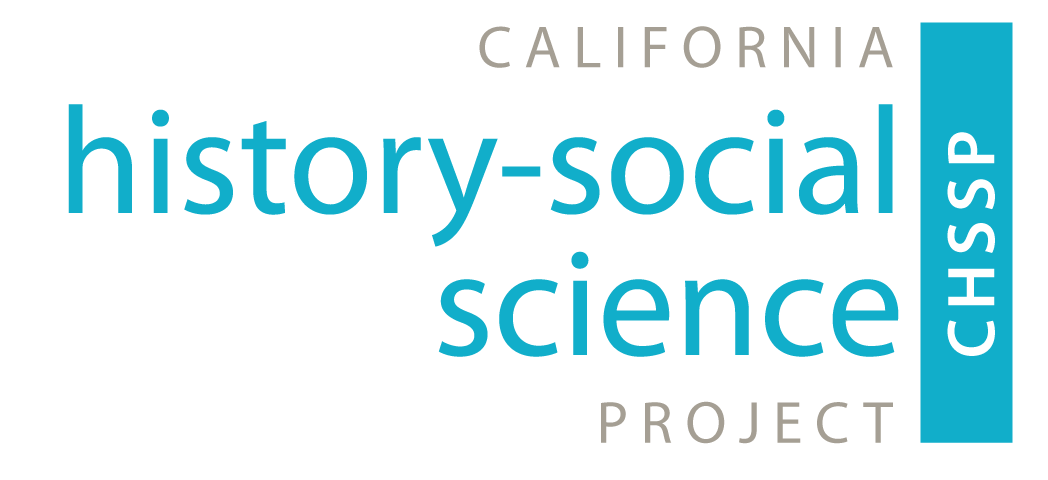
Event Date
Reconstruction was a critical turning point in American history. For nearly 150 years, historians have researched the varying impacts of this 7-year period in which Americans aimed to expand political and civic equity grounded in Black grassroots agitations for freedom. Amid violent white supremacy, African Americans fought for political, social, and economic advancements for their communities and would ultimately lay the groundwork for movements for equality that would come to define the 19th, 20th, and 21st centuries. This summer the California History Social Science Project Statewide Office is hosting a 3-day seminar where classroom teachers can explore more deeply Reconstruction as a transformative moment in American history. Scholars and teacher leaders will collaborate with attendees to discover new ways to bring to their students an updated approach to studying Reconstruction, one that focuses on resistance, transformation, and joy. Through daily presentations from leading experts in the field, followed by lesson ideas, 8th, 11th, Government, and Ethnic Studies teachers will find both content and strategy support for deepening their discussions of Reconstruction and defining their unit of study.
Inquiry Questions
- How free was free? How did African Americans define freedom after the 13th Amendment?
- In what ways did the country change because of the Civil War and Reconstruction?
- How did Reconstruction redefine what it meant to be an American?
- What were some of the political, economic, and social changes that resulted from Reconstruction?
- How did local and regional differences affect the ways in which Reconstruction was implemented?
Key Topics
- Definition of Reconstruction and how to frame the topic for students in multiple grade levels
- Reconstruction Amendments and their impact
- Freedmen’s Bureau goals, trajectory, and effectiveness
- African American experiences in private, public, and government spaces
- Resistance from white communities and rise of white supremacy in both the North and the South
- Legacy of Reconstruction into the 21st century
Presenters

Paula Austin, PhD
Boston University, Associate Professor of History and African American & Black Diaspora Studies; Director of Graduate Studies. She has a focus on African American history, the history of race and racism, visual culture, urban, education, and women's history. Publications include Coming of Age in Jim Crow DC: Navigating the Politics of Everyday Life (2019).

Traci Parker, PhD
UC Davis, Associate Professor of History. She is a specialist in African American history with a focus on Civil Rights and Black Power Movements, gender, sexuality, labor, and consumer capitalism. Publications include Department Stores and the Black Freedom Movement: Workers, Consumers, and Civil Rights from the 1930s to the 1980s (2019).

Hillary Walker
Bay Area Writing Project (at UC Berkeley) Director and Adjunct Professor of African American Studies and Ethnic Studies at the College of Alameda. In addition to her work at BAWP focusing on building teacher leadership and agency, she has taught middle school, high school, and community college courses in history, English, and writing including course specifically on Reconstruction.

Stephanie Kugler
8th grade teacher Bridgeway Island Elementary, West Sacramento, CA. Stephanie has been a teacher leader for CHSSP since 2015. She currently teaches 8th grade history-social science and an elective Ethnic Studies course for middle school students. She also has extensive ELD training and experience in ELD classrooms.
Details
- Date: July 16-18, 2024
- Location: Zoom
- Time: 9:00am-1:00pm PST
- Who: Secondary Educators
- Cost: $285
Register Now!
NOTE: If paying with a purchase order please use ID Code "PURCHASEORDER" and then email your purchase order to kcortes@ucdavis.edu
Image Citation: King & Baird, Engraver, Thomas Nast, S Bott, and J. W Umpehent. Emancipation / Th. Nast ; King & Baird, printers, 607 Sansom Street, Philadelphia. , ca. 1865. [Philadelphia: Published by S. Bott, no. 43 South Third Street, Philadelphia, Penna] Photograph. https://www.loc.gov/item/2004665360/.
